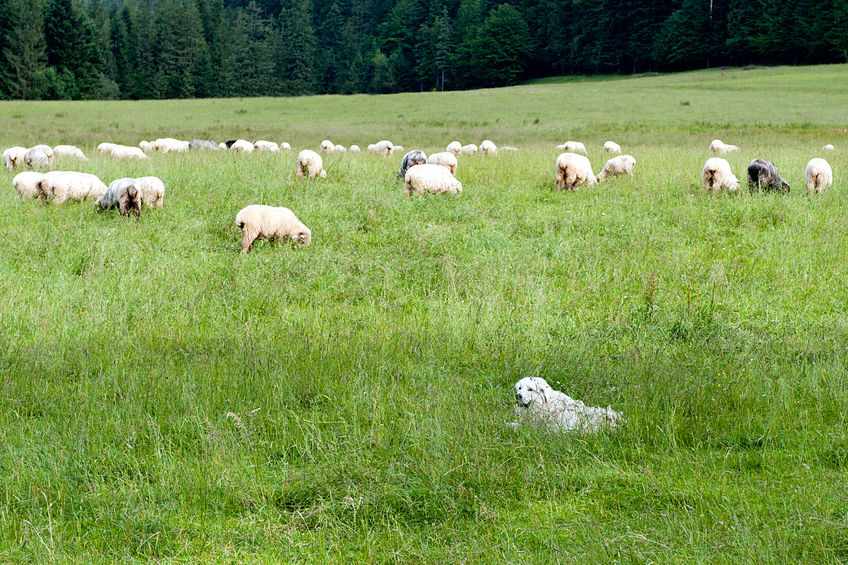Livestock worrying incidents highest for six years

Livestock worrying incidents in Scotland are at their highest for six years, according to figures obtained by NFU Scotland.
The Union has been working with stakeholders, including closely with Police Scotland and as part of the national Scottish Partnership Against Rural Crime (SPARC).
A review of agricultural and rural crime was announced by the Solicitor General who tasked the Crown Office and Procurator Fiscal Service with reviewing agricultural crime prosecution policy. This came on the back of NFU Scotland member concerns regarding rural crime, including the frequency of livestock worrying. As a result, new policy has been implemented, and revised direction given to Police Scotland in investigating crimes such as livestock worrying.
According to the figures, obtained by NFU Scotland through a Freedom of Information request, there were 133 incidents of livestock worrying across Scotland during 2015 compared with 93 in 2014; 100 in 2013, 132 in 2012, 132 in 2011 and 109 in 2010.
The regions with the highest reported incidents of livestock worrying during 2015 were Highlands and Islands, Lothians and Borders and Aberdeenshire and Moray, 18, 18 and 19, respectively.
The Union fully supports the three-month awareness-raising campaign by Police Scotland launched today (1 March) which complements work by Scottish Natural Heritage and is supported by SPARC.
The campaign seeks to highlight the impact of livestock worrying and to educate dog walkers that while in the countryside they must act responsibly and ensure that their dog is under close control.
The worrying of livestock can have devastating consequences for a farmer and their stock. Sheep are particularly at risk during the spring lambing period.
A dog attacking, chasing or even at large in a field where sheep are kept can lead to significant injury and often leads to livestock being killed or being destroyed. Such attacks have a financial and emotional impact on the farmer and are avoidable if dog walkers follow some simple steps as contained within the Scottish Outdoor Access Code.
Allan Bowie, NFU Scotland President commented: “It is very concerning that instances of livestock worrying is on the increase.
“NFU Scotland is working hard with other stakeholders to raise awareness of this issue. Whilst it is right that the public are able to enjoy the Scottish countryside, it is imperative that they respect the farmers who make a living there.
“The Scottish Outdoor Access Code sets out clearly what is expected by responsible access. Any dog walker exercising their access rights should ensure they are familiar with the Code and also ensure their dogs are adequately controlled so that “they are unable to cause distress or injury to farm animals.
We continue to work at both a national and local level with Police Scotland and other stakeholders to raise awareness of this issue.
“Farmers and those who use the countryside are urged to report all incidents of livestock worrying to police on 101 or 999 in an emergency.”








